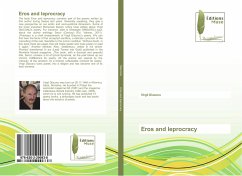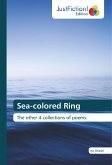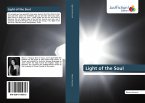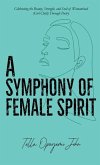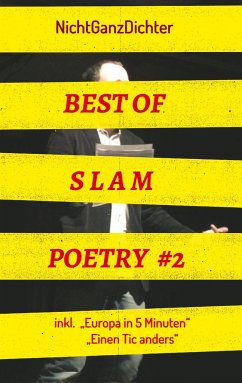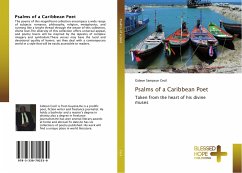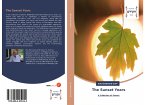The book Eros and leprocracy contains part of the poems written by this author during theese last years. Generally speaking, they give a new perspective on our erotic and socio-political dimension. Some of the most important Romanian literary critics have written about Virgil DIACONU's poetry. For instance, here is Gheorghe GRIGURCU says about the author anthlogy Secol (Century) (Ed. Valman, 2011): "Phantasy is a chief characteristic of Virgil Diaconu's poetry. We can find here the fervor of the accepted sacrifice, a delicate cynicism of the cancelling of the real, favorable to the lyrical condition. Without doubt, in this book there are pages that will make reader who loves poetry to read it again." Another retriever, Alex. tefanescu, writes in his article Plumbul transformat în aur (Lead Turned into Gold) published in the România literara magazine: "This book, with a discreet and peaceful title, Secol, conains a lot of lyrical dynamite, as the poet blows up our chronic indifference for poetry. All the poems are special by the intensity of the emotion. At a historic unfavorable moment for poetry, Virgil Diaconu turns poetry into a religion and has become one of its best servants.
Bitte wählen Sie Ihr Anliegen aus.
Rechnungen
Retourenschein anfordern
Bestellstatus
Storno

